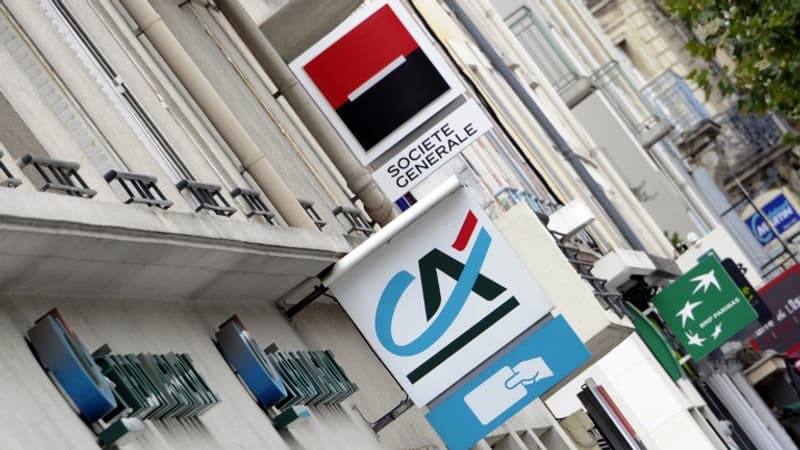Instant transfers, which some banks offer as an alternative to conventional transfers, are made in less than 10 seconds whatever the time and day of the year (not exceeding 15,000 euros).
Quite the opposite of a traditional transfer that generally lasts one day, or even in some special cases, such as a weekend followed or preceded by a holiday, 72 hours or more.
In France, this type of transfer has existed since 2018 in France but only represents 5.6% of the total (11% in the EU). A low score that is explained in particular by the fact that it is often invoiced by banks while the traditional transfer does not.
Less fraud than for bank cards
Therefore, the European Commission wants this service to be free of charge. A directive to this effect was presented last October.
Brussels wants to remove obstacles and make instant transfers the norm, by imposing a price alignment with respect to traditional transfers, which are mostly free in France.
The EU executive believes that instant transfers are good for business cash flow and more convenient for consumers. Another advantage of instant transfer: fraud is less than with a bank card or check, two other means of daily payment.
In France, some banks have already taken the plunge. At the beginning of April, the Postal Bank announced the generalization of free instant transfer, after Crédit Mutuel and Boursorama.
Source: BFM TV


